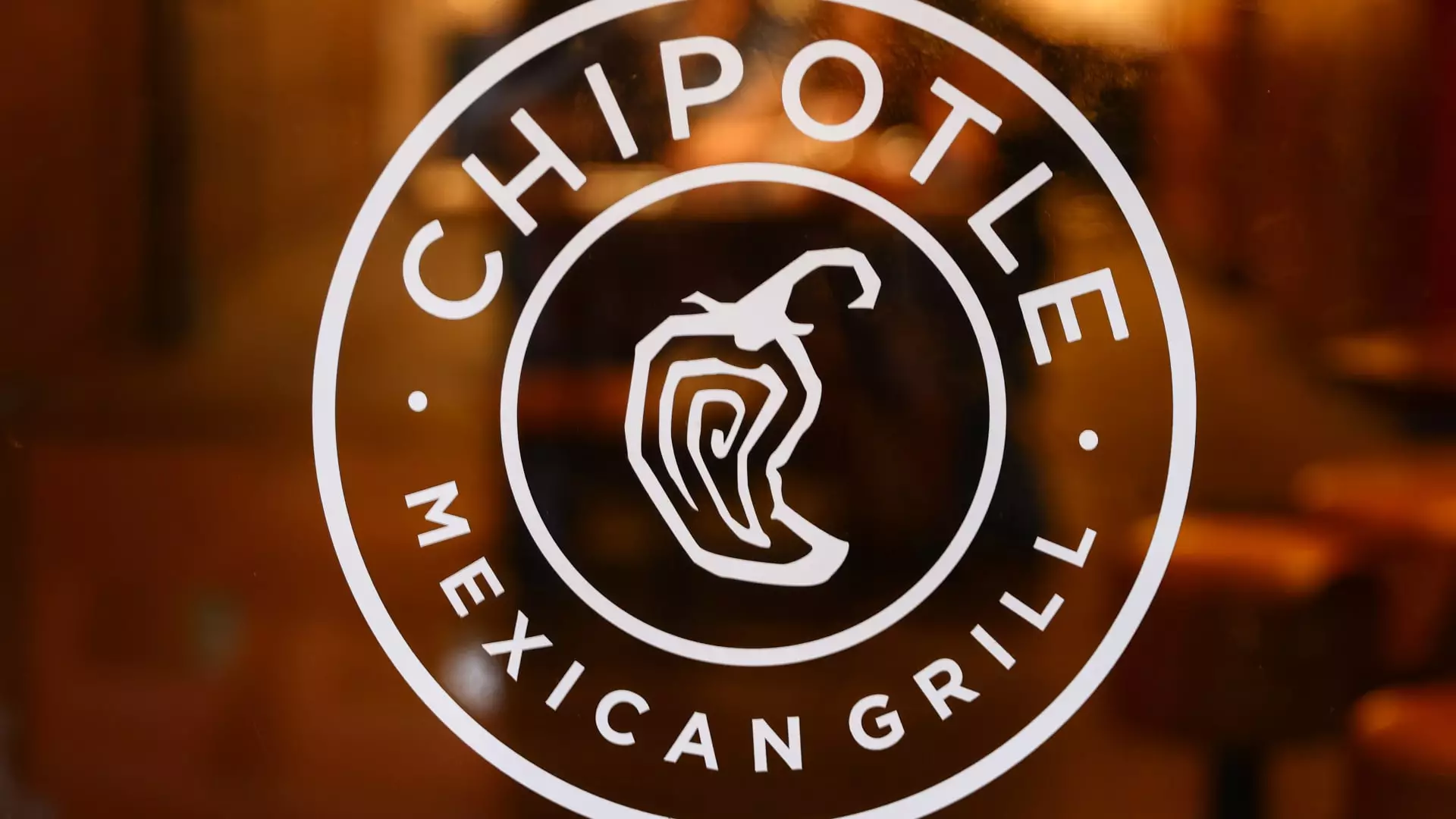Chipotle Mexican Grill’s decision to establish its first footprint in Mexico marks a bold strategy that seems, at first glance, both daring and perplexing. In a world where brands often tread cautiously amid international complexities, especially in times of political tension, Chipotle has opted for a path that could either redefine its trajectory or highlight a miscalculation in its expansion strategy. Partnering with Alsea—a well-established franchise operator in Latin America and Europe—could theoretically lend the Mexican operations the local wisdom required to navigate an often saturated market. However, given the gravity of the current political climate, one must question whether the timing could be better.
Tariffs and Trade Talks: A Complicated Dance
Navigating into Mexico during a trade war with the U.S. raises eyebrows, especially considering the recent rollercoaster of tariffs concerning agricultural goods. Chipotle’s dependence on Mexican avocados—importing a significant portion of its stock—exposes them to the volatility stemming from protectionist policies. While the temporary reprieve on tariffs may suggest a budding hospitality, it hardly assures stability for a business venture seeking to embed itself deeply into Mexican culture and cuisine. The substantial complications arising from international trade could undermine Chipotle’s profitability as it aims to capitalize on the very ingredients that might soon experience fluctuating rates.
Understanding Cultural Sensitivities
Herein lies another layer of complexity: the cultural distinction between U.S. interpretations of Mexican cuisine and the authentic experience that local consumers expect. Yums Brands’ Taco Bell has attempted to plant its flag in Mexican territory twice, only to retreat both times, suggesting that a misread of the cultural sentiment can severely damage brand identity. Chipotle claims that its emphasis on fresh food and quality ingredients will garner a favorable response; however, one must ponder: is the Chipotle experience truly aligned with the authentic Mexican palette? The brand has an uphill battle—confronting both the perception of being a foreign entity and the longstanding tradition of Mexican street food fare.
The Recipe for Success: Localization Over Globalization
For Chipotle to leverage the potential that lies within Mexico’s culinary landscape, it must adopt an approach that prioritizes localization over its standardized offerings. Relying solely on the existing model that has propelled growth in the U.S. is unlikely to resonate. The vibrant food culture of Mexico is rich and diverse; hence, the introduction of a tailored menu that respects local taste preferences could meld seamlessly with its identity while avoiding missteps experienced by others. To achieve a genuine connection, Chipotle must embrace not just the ingredients but also the spirit of Mexican dining.
Chipotle’s foray into Mexico holds the promise of opportunity as well as pitfalls—duality that embodies the complexities of globalization today. As the company ventures forth with aspirations of tapping into a market enthusiastic about fresh ingredients, its success will largely depend on its willingness to adapt and engage meaningfully with the local culinary landscape. The stage is set for a defining moment; the question remains whether Chipotle can transform its ambition into a fruitful reality or succumb to the challenges that have thwarted others before it.


Leave a Reply